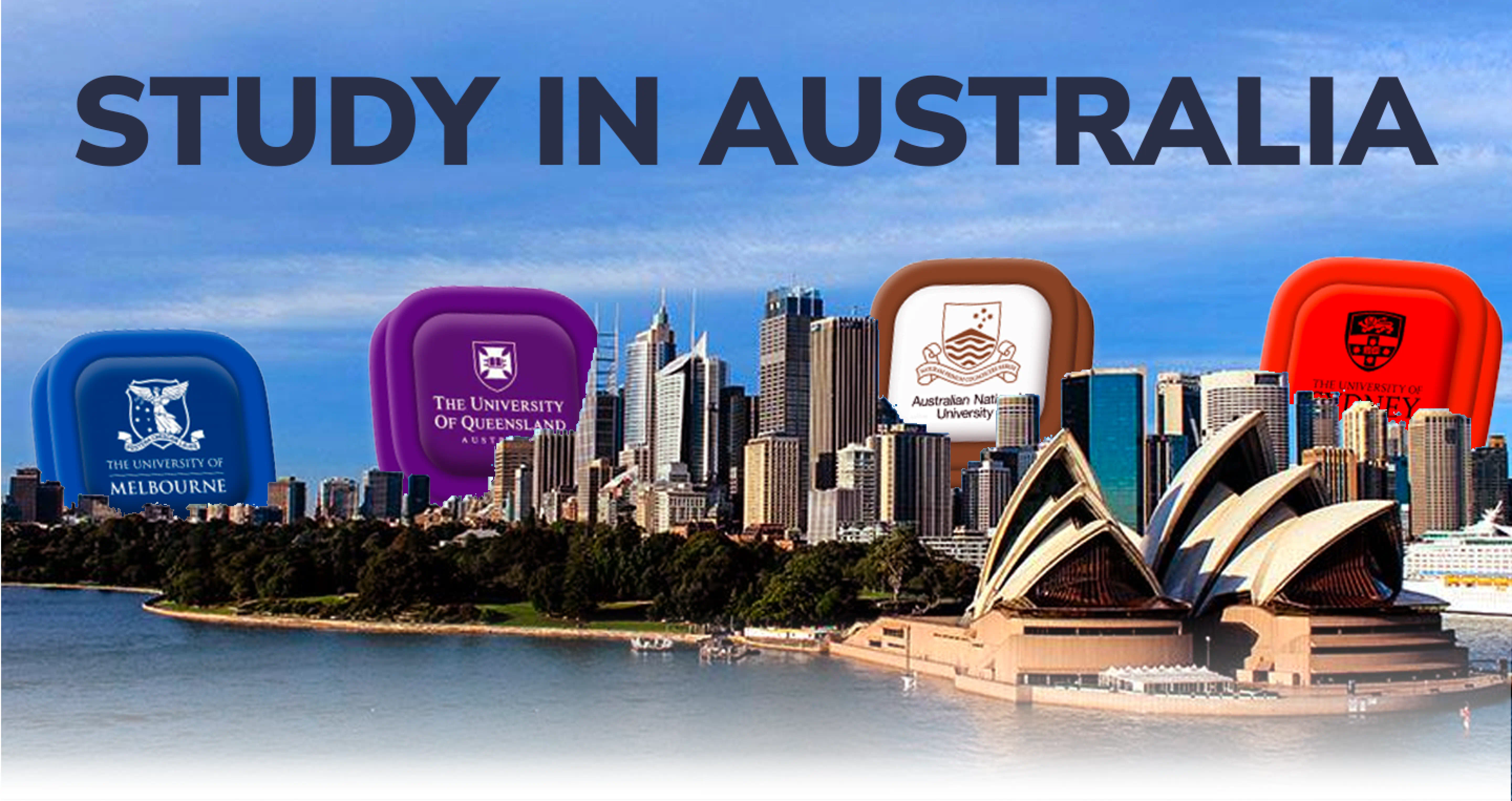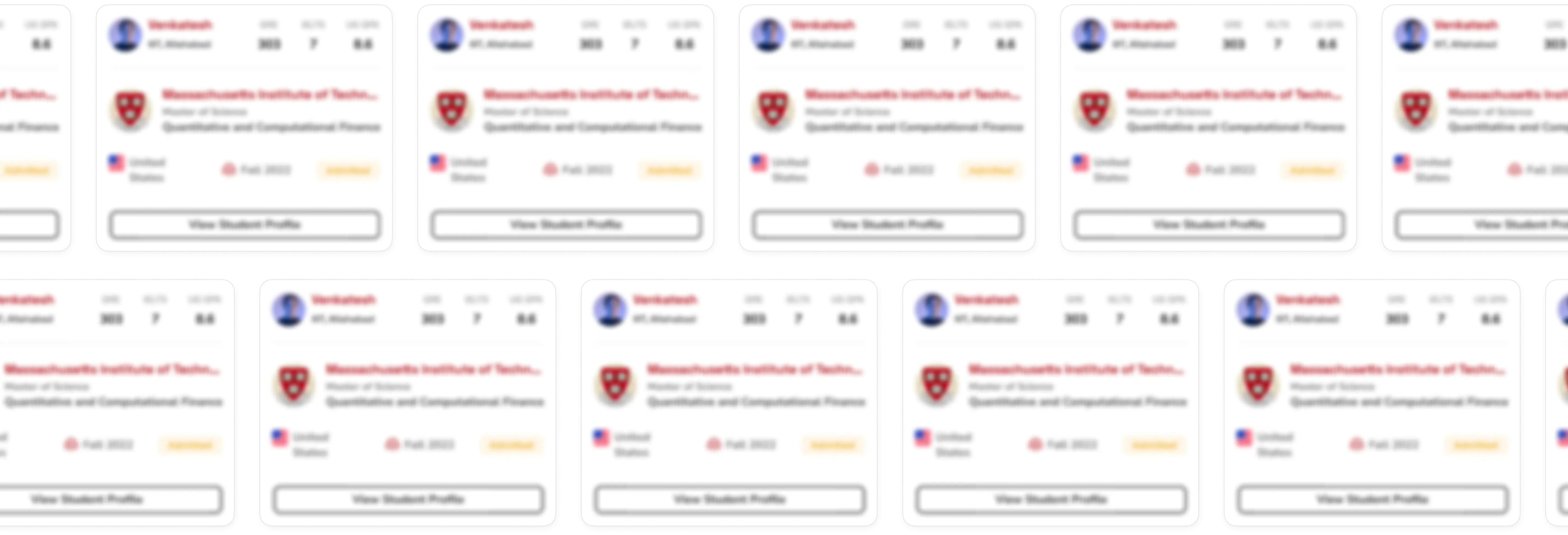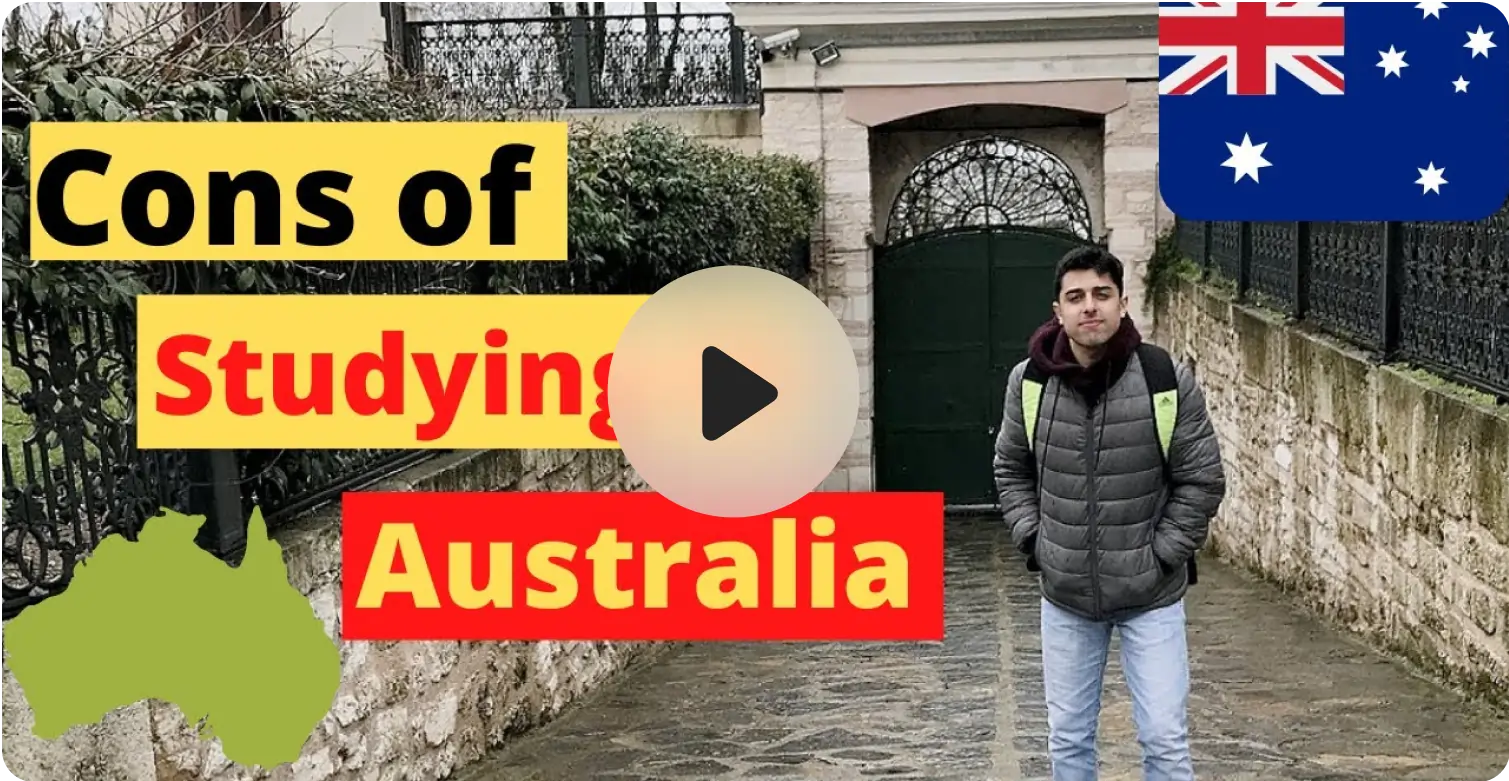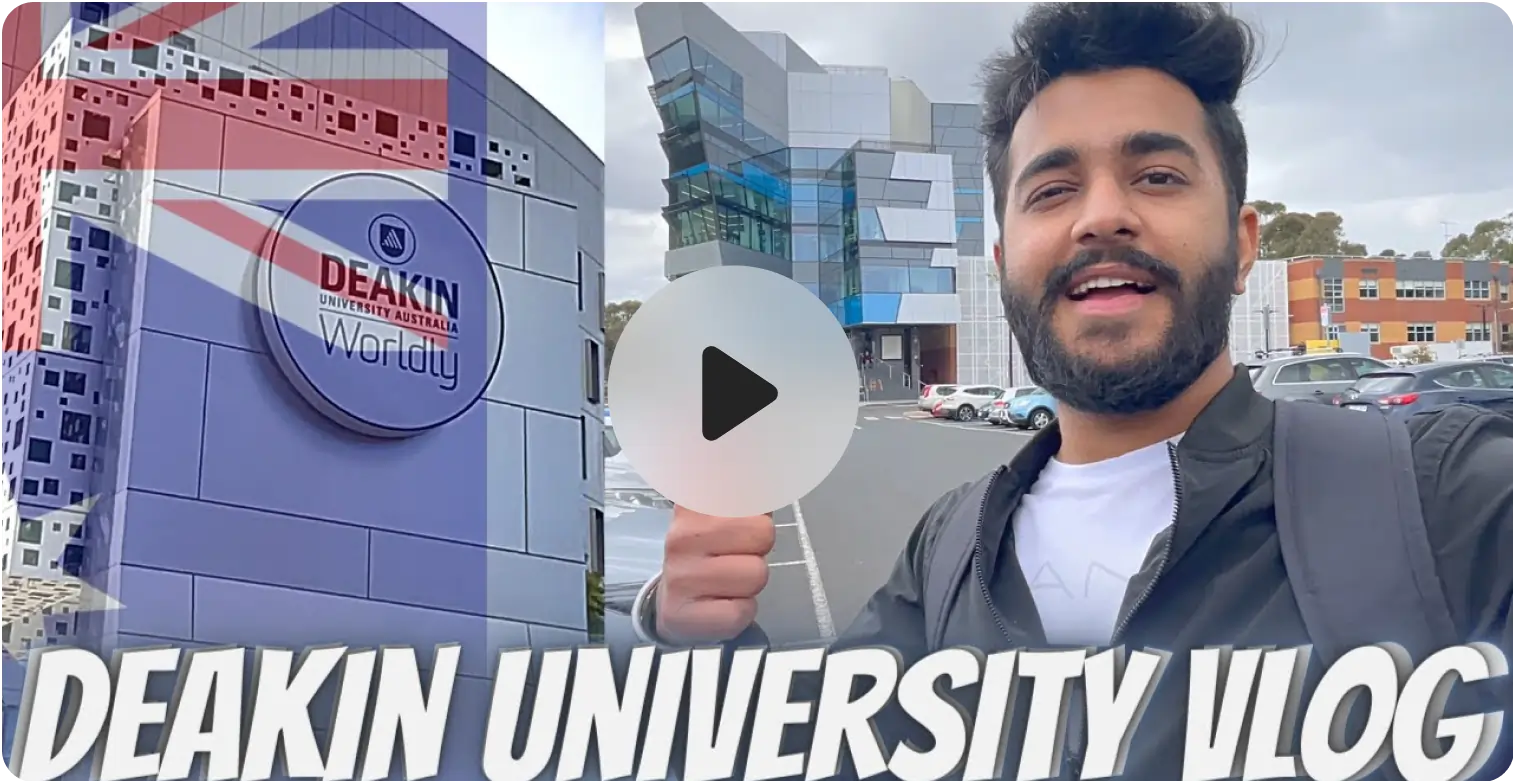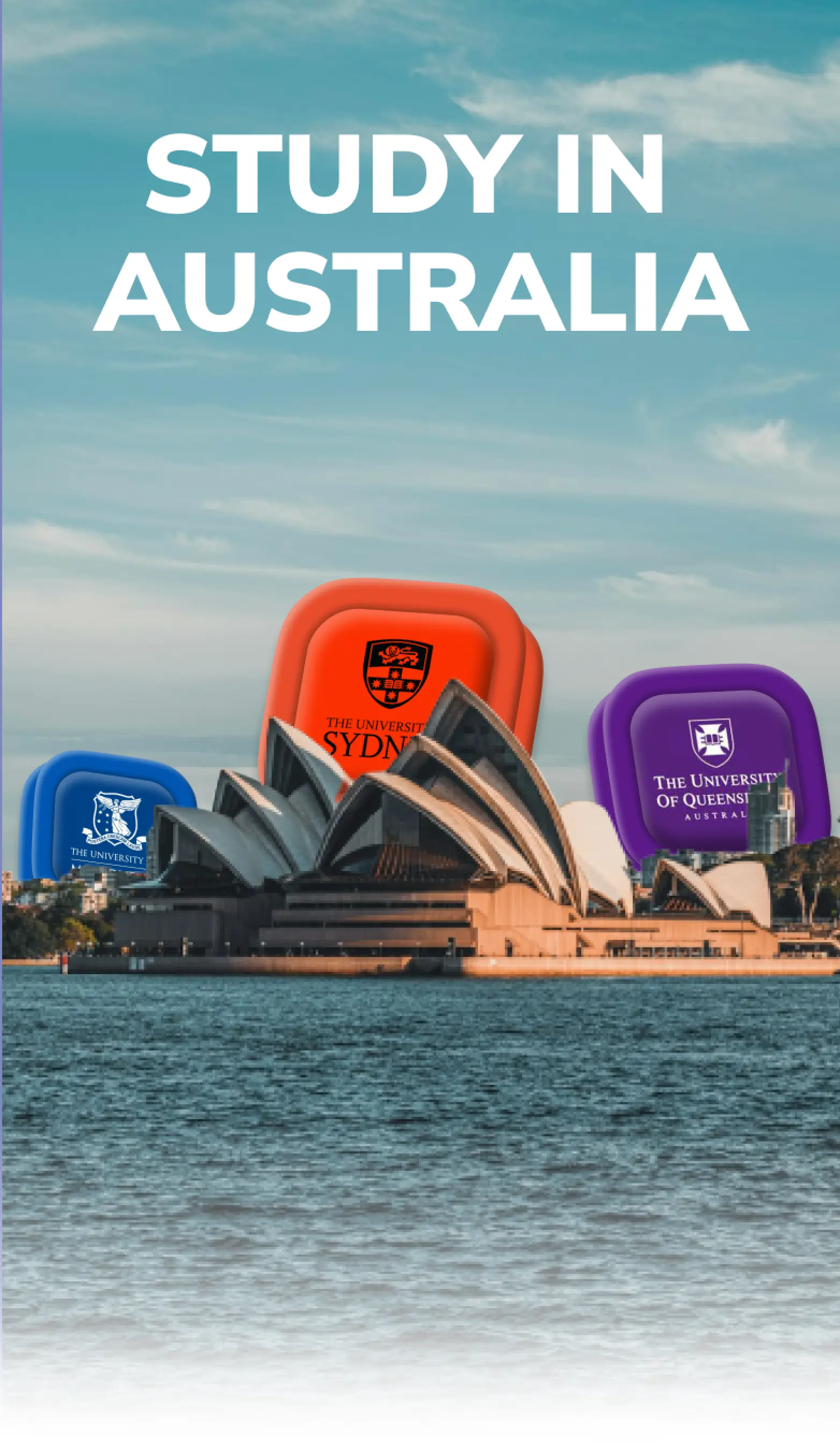
OVERVIEW

Why Choose Australia for Your Educational Path?
Australia stands out as an exceptional choice for international education, offering a combination of world-class universities, a diverse range of study options, and a vibrant student life.

Renowned Academic Institutions:
Australian universities are globally recognized for their academic excellence, research strength, and diverse course offerings. An Australian degree is highly valued worldwide, enhancing your career prospects.

Cultural Diversity and Student-Friendly Cities:
Australian universities are globally recognized for their academic excellence, research strength, and diverse course offerings. An Australian degree is highly valued worldwide, enhancing your career prospects.

Practical Opportunities and Scholarships:
The Australian education system emphasizes practical learning experiences. Additionally, numerous scholarships are available to support international students, making high-quality education more accessible.
Highlights
Agricultural Sciences, Nursing, Earth Sciences, Computer Sciences
Most Popular courses
43
Colleges
100,302
Indian Students
AUD 25,000
Average Tuition Fees
AUD 30,000
Cost of Living (Annual)
Top Places to Study in the Australia
New South Wales (Sydney)
New South Wales (Sydney)

Did you know that NSW is home to Australia's oldest university, the University of Sydney, established in 1850?
Cost of Living

Average cost per year
$30,00
Weather
Hottest Month
Jan
Coldest Month
Jul
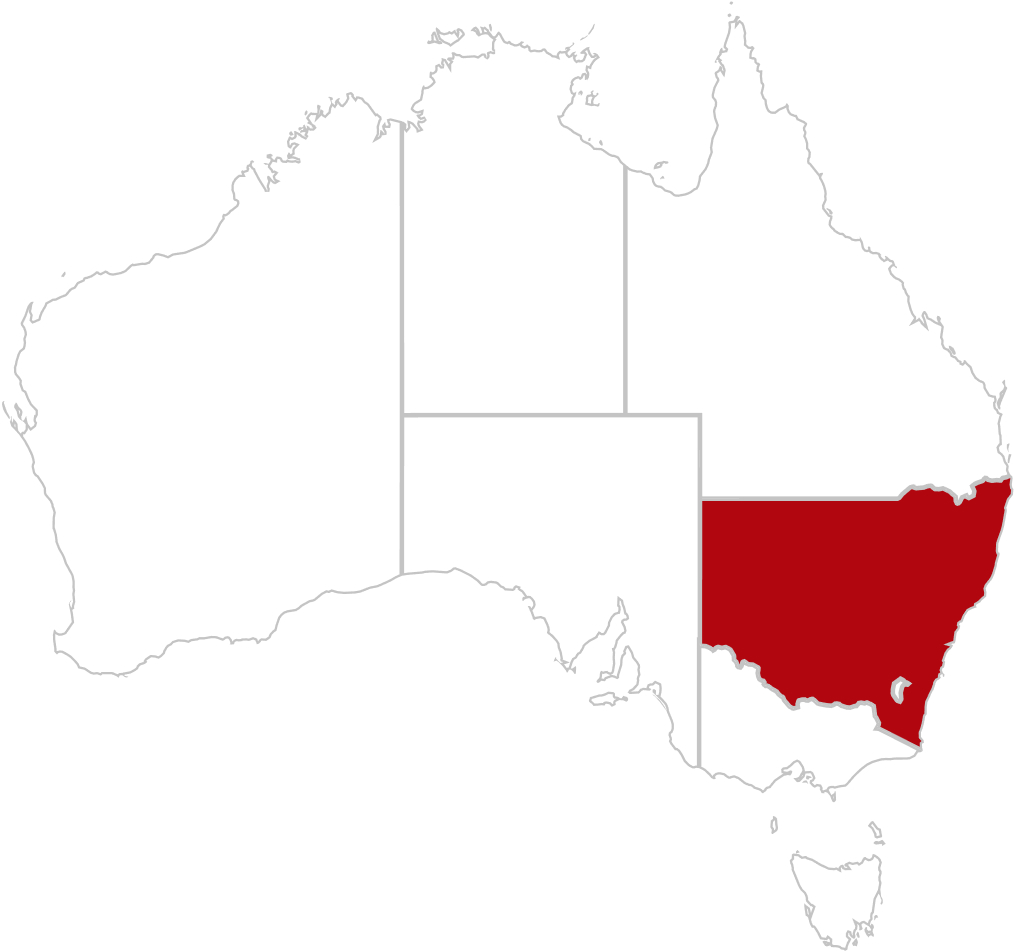
Top universities in Australia

#2
QS RANK

#6
QS RANK

#1
QS RANK

#3
QS RANK

#5
QS RANK

#4
QS RANK
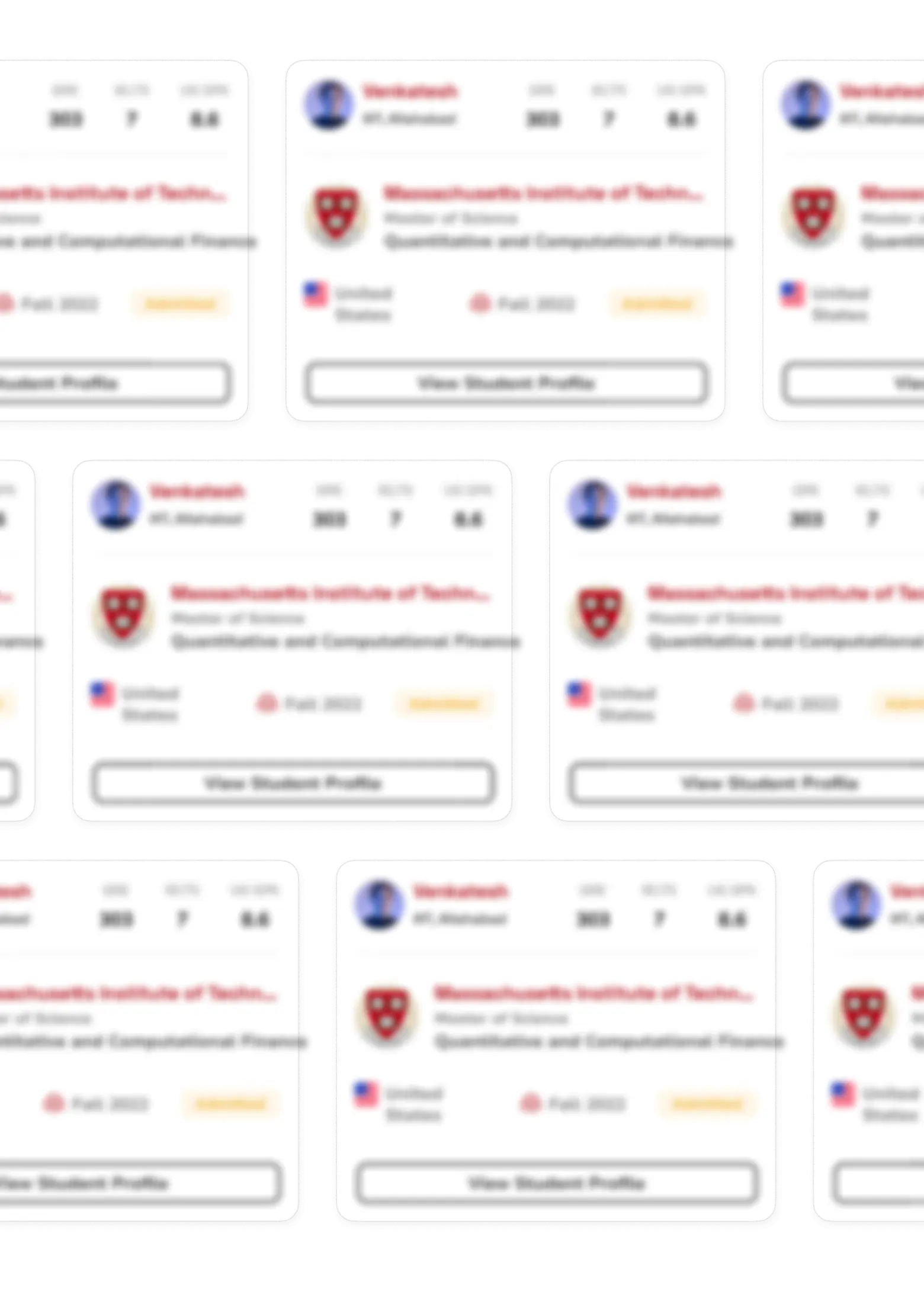
They Secured Their Dream. Are You Next?
Dive into the success stories of students who've secured spots in some of the most prestigious institutions in the USA. Get inspired, compare profiles, and discover what it takes to join the ranks of these top admits.
Application Essentials for Australian Universities
Start your application with these key documents in hand:

Valid Passport

Academic Transcripts Your qualifications and grades

Language Proficiency: German language certification (TestDaF or DSH) for courses in German IELTS/TOEFL for English-taught courses

Motivation Letter:Similar to aStatement of Purpose,explaining why you want to study in Germany

Curriculum Vitae (CV) Up-to-date and in the European format

Reference Letters: Usually two, from academic or professional referees

Proof of Financial Resources Evidence of funds to cover your expenses, such as a blocked account

Health Insurance:Valid in Germany

Visa Application Documents: For non-EU/EEA students

Study Proposals or Research Exposes: For graduate and PhD applicants

Portfolio: For courses such as art, design, or architecture
Your Roadmap to US College Applications

Is Higher Education in Australia Worth It?
Pros

Internationally Recognized Degrees:
Known for high educational standards.

Diverse Community:
Multicultural environment with a large international student population.

Strong Research Focus
Opportunities for research in various fields.

Post-Study Work Visa:
Available for international students allowing them to work after graduation.
Cons

Tuition Fees:
High fees for international students.

Distance:
Geographically isolated, which can lead to higher travel costs.

Cost of Living
Especially high in major cities like Sydney and Melbourne.

Work Restrictions:
Limitations on the number of hours international students can work during term time.
Understanding the Cost: Breakdown of Expenses



Electricity
$1,776 / yearly

Gas
$688 / yearly

Water
$832 / yearly

Internet
$900 / yearly

Groceries
$8,320 / yearly

Healthcare (Student Health Insurance)
$1,000 - $2,500 / yearly
Average Expenditure per year :
$35,840

Your Guide to Studying in Australia: Understanding Visas and Immigration
Student Visa (subclass 500)
Cost: AUD 630
For students of all ages enrolled in a registered course of study in Australia. This covers higher education, vocational education and training, English language courses, and school education.
Guardian Visa (subclass 590)
Cost: AUD 630
Aimed at students pursuing vocational or non-academic studies, excluding language training. It's ideal for individuals participating in practical training programs that are not leading to academic qualifications.
Training Visa (subclass 407)
Cost: AUD 310
For individuals engaging in approved exchange programs, including scholars, researchers, and students. It's tailored to those involved in cultural exchanges and is not limited to academic studies.
Post-Visa Immigration Process:
Work Options:
Holders of the Student Visa (subclass 500) are typically allowed to work up to 40 hours per fortnight during the semester and unlimited hours during recognized school vacations.
Extensions:
Students can apply for extensions of their visas if they wish to continue their studies or start a new course in Australia. Extensions should be applied for before the current visa expires.
Post-Study Work Stream
After graduating, students can apply for the Temporary Graduate Visa (subclass 485) under the Post-Study Work stream. This allows graduates of an Australian institution to stay in Australia and work for 2 to 4 years, depending on their qualifications.
Graduate Work Stream
Alternatively, students with skills and qualifications relevant to specific occupations in demand in Australia can apply for the Temporary Graduate Visa (subclass 485) under the Graduate Work Stream, which allows them to stay in Australia for up to 18 months.
Exploring Life, Learning, and Culture in US Colleges
Yes, you can work up to 40 hours per fortnight during term time and full-time during scheduled course breaks.
Yes, you can apply for an extension, but it must be done before your current visa expires and while you meet the student visa requirements
Yes, through the Temporary Graduate Visa (subclass 485), graduates can stay, work, or study in Australia temporarily after completing their studies.
Yes, many universities and colleges offer scholarships for international students, and there are also government-funded scholarships like the Australia Awards.
The cost varies by city but expect to budget between AUD 20,000 and AUD 30,000 per year for living expenses.









Ready to elevate your study abroad journey?
Book a call with us now and take the first step towards your global future!

